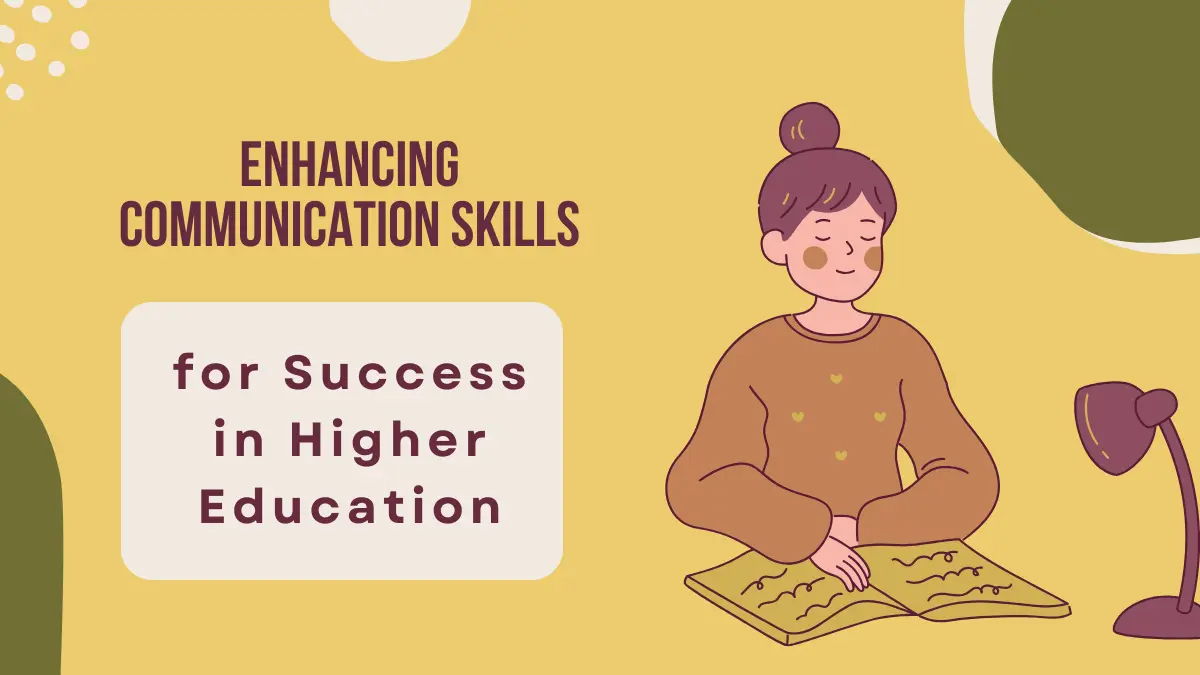Entering university is a significant milestone in a student’s life, often marked by the challenge of mastering complex academic content. An essential tool for navigating this challenge is effective communication. This guide, “English Language & Communication Skills: A Reference Guide for First Year College Students,” focuses on equipping students with the necessary language skills to thrive in a university setting. It covers critical areas such as writing, reading, listening, speaking, grammar, sentence construction, and vocabulary, providing students with comprehensive resources to develop their English proficiency. The guide is further supplemented with a dedicated section on spellings and practice exercises to ensure practical application of the learned concepts. Through its user-friendly style, it aims to build students’ confidence in their communication skills, setting a strong foundation for their academic journey.
Effective communication is a vital aspect of success in higher education. As students progress through their academic journey, they will encounter diverse audiences, including professors, peers, and potential employers. Strong communication skills are necessary to effectively articulate ideas, build relationships, and present oneself professionally. In today’s globalized world, proficiency in English is particularly crucial, as it is the primary language of international academic and professional communication. With the right skills and resources, students can harness the power of effective communication to excel in their studies and prepare for their future careers.
Importance of Communication in Higher Education
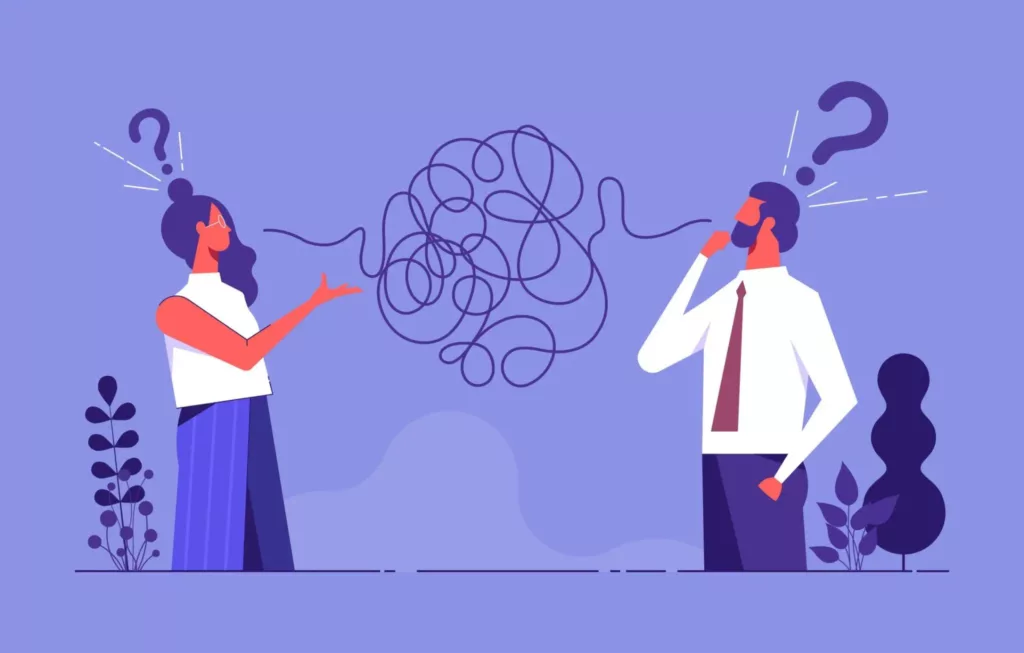
Communication skills hold paramount importance in higher education. Whether it’s understanding complex academic content, participating in class discussions, or presenting research findings, effective communication is integral. Proficiency in English, being the lingua franca in academia, empowers students to not only succeed academically but also grow personally by fostering relationships, exchanging ideas, and embracing diversity. In today’s digital age, communication also encompasses online platforms, making it essential for students to adapt and navigate various modes of communication effectively. Therefore, enhancing communication skills is critical for students to thrive in higher education.
Effective communication goes beyond the mere exchange of words; it also involves critical thinking. By honing their language skills, students learn to articulate their thoughts and ideas more concisely, logically and convincingly. In doing so, they cultivate essential critical thinking skills, such as analyzing information, evaluating evidence, and forming logical
Developing Effective Communication Skills
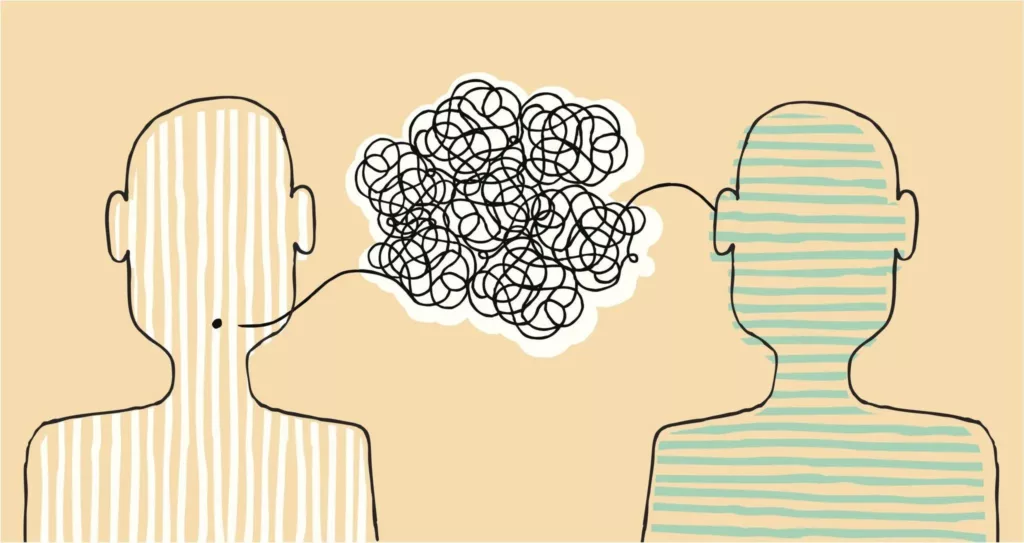
Developing effective communication skills requires a combination of knowledge, practice, and commitment. This guide provides students with the necessary foundation by covering essential language skills and concepts. However, it is vital to continue honing these skills through regular practice and feedback. Students can seek opportunities to communicate in various settings, such as class discussions, group projects, or extracurricular activities. Additionally, seeking feedback from professors, peers or joining a language club can also aid in identifying areas for improvement and refining one’s communication skills. It is crucial for students to recognize that effective communication is an ongoing process and requires continuous effort to master.
In conclusion, effective communication skills are critical for success in higher education. This guide serves as a valuable resource for students to develop and enhance their language proficiency, setting them up for success in their academic and professional endeavors. With dedication, practice, and feedback, students can continuously improve their communication skills and reap the benefits throughout their college experience and beyond.
Writing Skills for Academic Success

Writing skills are foundational to academic success. The ability to articulate thoughts coherently, construct sound arguments, and adhere to stylistic guidelines is crucial while writing essays or research papers. Mastering written communication also prepares students for a professional environment where formulating clear, concise, and engaging content is key to tasks like report writing, email correspondence, or drafting proposals. This guide includes essential tips and resources to help students improve their writing skills, such as understanding academic conventions, structuring essays, and avoiding common grammar mistakes. With practice and feedback from professors or writing centers, students can hone their writing skills and excel in their academic pursuits.
Reading is a fundamental component of higher education. In addition to the assigned course readings, students are often required to research and read various academic sources independently. Therefore, developing strong reading skills is critical for comprehending complex information efficiently. This guide provides tips on active reading strategies, note-taking techniques, and critical thinking while reading. By incorporating these practices into their study routine, students can improve their reading comprehension and save time while studying.
Listening skills are equally crucial in academic settings. From lectures to group discussions, students must be attentive and actively listen to comprehend information accurately. Effective listening also includes asking relevant questions and participating in class discussions. This guide offers strategies for active listening, note-taking, and improving listening comprehension. By implementing these techniques, students can enhance their understanding of course material and contribute meaningfully to classroom discussions.
Reading Skills for Comprehension and Critical Analysis

Reading skills serve twofold purposes in higher education. Firstly, they ensure comprehension of academic material. Secondly, they enable critical analysis – an ability to interpret, evaluate, and question what’s being read. This skill doesn’t just apply to textbooks but extends to reading scholarly articles, research papers, and even understanding the cultural context in literature.
To develop reading skills that bolster comprehension and critical analysis, students need to actively engage with the text. Active reading involves questioning the material, making connections to prior knowledge or experiences, and visualizing the information to better understand the content. It also includes focusing on the structure of the text, identifying main points, and understanding the author’s purpose.
Using strategies such as SQ3R (Survey, Question, Read, Recite, Review) can also be helpful. This method encourages students to survey the material, formulate questions, read with the intention to answer those questions, recite or summarize the main points, and review the content.
Critical analysis requires a deeper level of engagement with the text. Students should aim to evaluate the evidence presented, question the author’s perspective, and consider alternative interpretations. This skill is essential in higher education as it fosters independent thinking and enhances understanding of the subject matter.
Practicing these strategies consistently can significantly improve both comprehension and critical analysis skills, enabling students to excel in their academic endeavors.
Listening and Speaking for Active Participation

Listening and speaking skills are vital for active participation in lectures, seminars, and group discussions. Listening is about understanding and retaining the information shared by professors or peers. Speaking, on the other hand, is expressing one’s thoughts, asking questions, or contributing to discussions. Together, these skills foster an interactive and enriching learning environment.
Active listening involves more than just hearing the words that are being said. It requires a conscious effort to understand the information being shared, which may involve noting key points, asking clarifying questions, and providing feedback. Techniques to improve active listening can include repeating the speaker’s points in your own words to confirm your understanding, summarizing the speaker’s ideas at the end of a discussion, and encouraging the speaker with non-verbal cues like nodding or maintaining eye contact.
Speaking skills, on the other hand, involve effectively conveying your ideas and thoughts. Quality speaking skills can enhance your participation in academic discussions, allowing you to present your perspectives, argue effectively, and engage in productive debates. Developing these skills involves practicing clarity of speech, effective use of language, logical organization of thoughts, and confident delivery. Tools like public speaking workshops, debate clubs, and class presentations can provide useful platforms to hone these skills.
Together, effective listening and speaking skills not only enhance your academic participation but also foster the development of essential soft skills like communication, critical thinking, and interpersonal skills. These skills are invaluable assets in both academic and professional settings.
Grammar, Sentence Construction, and Vocabulary

Mastery in grammar, sentence construction, and vocabulary enhances the clarity, precision, and persuasiveness of communication. They form the building blocks of English language proficiency and their correct and effective usage can significantly elevate the quality of academic writing and discourse.
Understanding grammar rules and sentence construction is fundamental to creating clear and effective written and spoken communication. A firm grasp of grammar ensures that sentences are structurally sound, facilitating better comprehension for the reader or listener. Sentence construction skills allow an individual to logically and coherently organize their thoughts and ideas, resulting in persuasive and impactful communication.
Vocabulary is the toolset that allows for precise and nuanced expression of ideas and feelings. A broad and diverse vocabulary enables one to communicate with a higher degree of specificity and depth, thereby adding richness to their language.
Students can improve their grammar, sentence construction, and vocabulary skills through various methods. Regular reading of academic texts can expose them to a wide range of vocabulary and varied sentence structures. Practicing writing, with a focus on grammar and sentence construction, can allow students to apply and reinforce what they’ve learned. Using online tools like grammar checkers or vocabulary builders can also be beneficial for continuous learning and improvement. By consistently working on these areas, students can enhance their academic performance and develop effective communication skills for the future.
Spelling and Pronunciation Accuracy
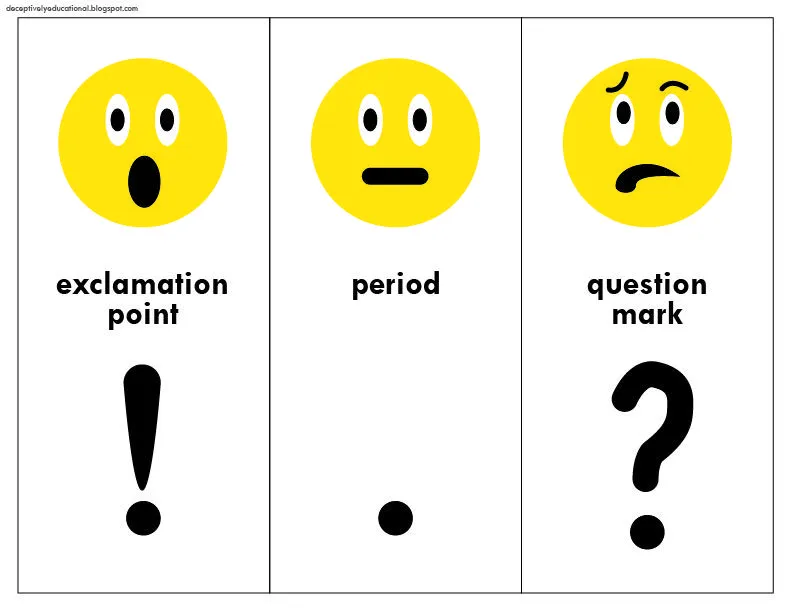
Spelling and pronunciation accuracy are critical for preserving the meaning and effectiveness of communication. Misspelled words or incorrect pronunciation can at best cause confusion and at worst convey an entirely different meaning. Consistent practice can help students improve in these areas.
Spelling and pronunciation accuracy are fundamental elements in effective communication. Spelling, an essential aspect of written communication, helps in conveying the intended message clearly and unambiguously. Misspelled words can lead to confusion and misinterpretation, potentially diminishing the credibility of the message or the sender. Regular practice, use of spell-check tools, and reading widely can greatly help in improving spelling accuracy.
On the other hand, correct pronunciation ensures clarity in spoken communication, aiding listener comprehension. Mispronounced words can sometimes alter the intended meaning, leading to misunderstandings. Students can improve their pronunciation skills through listening to native speakers, using pronunciation guides, and practicing speaking aloud. Technologies like language learning apps or software that provide pronunciation aids can also be beneficial.
In conclusion, both spelling and pronunciation accuracy are vital in maintaining the integrity of communication. By improving in these areas, students can ensure their ideas are accurately and effectively communicated, enhancing their overall academic performance and future professional interactions.
Role of Communication in Personal and Professional Development

Communication skills play a pivotal role in personal and professional development. They boost confidence, improve interpersonal skills, and enhance employability. As students transition into the professional world, these skills become even more vital in tasks such as job interviews, networking, and workplace collaboration.
Effective communication skills are the cornerstone of personal and professional development. Personally, they can help foster stronger relationships, improve the ability to articulate thoughts and ideas, and boost confidence in social situations. Interacting articulately and confidently can lead to positive perceptions and impressions, opening doors to new opportunities and experiences.
Professionally, communication skills are often among the top skills sought by employers. Being able to communicate effectively is crucial in virtually every profession. It enables individuals to present ideas clearly, work collaboratively in teams, build relationships with colleagues and clients, and resolve conflicts amicably. These skills can also prove essential during job interviews, where potential employers assess a candidate’s ability to express themselves and interact with others.
Moreover, effective communication is integral to leadership roles. Leaders need to be able to articulate their visions, inspire their teams, and negotiate effectively with business partners. In this way, communication skills can significantly enhance a person’s career progression and success.
In conclusion, the importance of communication skills in personal and professional development cannot be overstated. They serve as a foundation for building relationships, expressing ideas, and demonstrating leadership capabilities. By continually refining these skills, individuals can significantly enhance their personal relationships, professional prospects, and overall quality of life.
Challenges in Acquiring Communication Skills
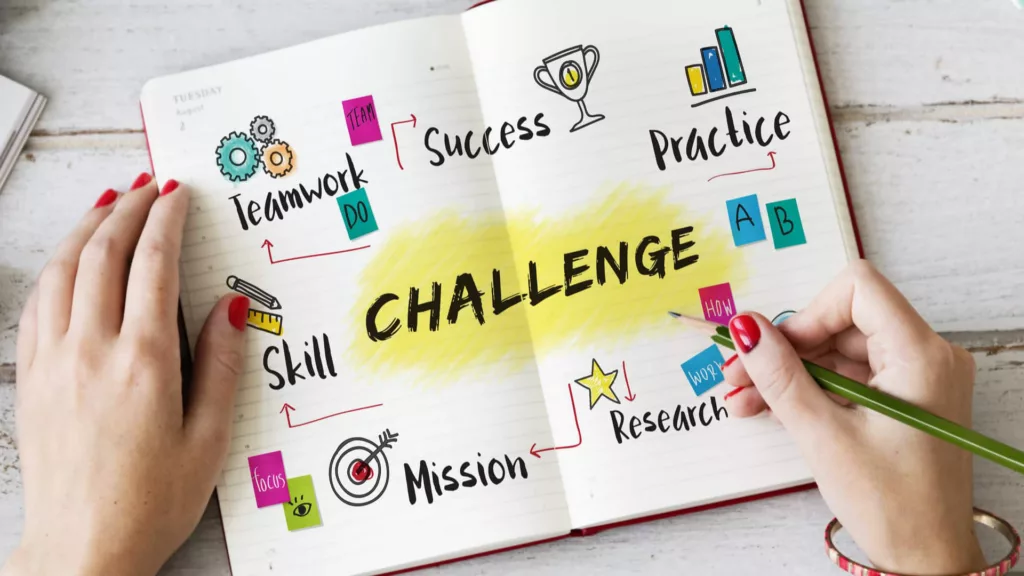
Acquiring communication skills is a journey fraught with challenges. From grappling with language barriers to overcoming public speaking fears, students may encounter various obstacles. However, with consistent practice, effective learning resources, and supportive teaching, they can gradually overcome these hurdles.
Learning to communicate effectively can be a formidable endeavor, as it requires mastering various interconnected skills. One of the primary challenges students often face is language barriers. This barrier is particularly prevalent among non-native speakers who may struggle with vocabulary, grammar, pronunciation, or idiom usage in a foreign language. This can hinder their ability to express themselves clearly and confidently.
Another common challenge is the fear of public speaking. Many individuals experience anxiety or discomfort when speaking in front of others. This fear can impede their ability to articulate their thoughts effectively and engage with their audience.
Additionally, cultural differences can pose a significant challenge. Communication styles and norms can vary widely across different cultures, and misunderstandings can occur if these differences are not recognized and respected.
Finally, the digital age has brought its own communication challenges. With the prevalence of online communication, individuals must now also master the nuances of digital communication, which can be devoid of the non-verbal cues that often aid understanding in face-to-face interactions.
Despite these challenges, students can improve their communication skills through consistent practice, leveraging effective learning resources, and seeking guidance from experienced teachers or mentors. Overcoming these hurdles can greatly enhance their personal and professional lives.
Resources for Improving Communication Skills

A variety of resources are available to help students improve their communication skills. From comprehensive guides like “English Language & Communication Skills: A Reference Guide for First Year College Students” to online platforms offering language courses, students can choose what best suits their learning style. Moreover, universities often provide language support services such as writing centers or English language tutorials.
“English Language & Communication Skills: A Reference Guide for First Year College Students” is a comprehensive resource that provides extensive guidance on various aspects of English language and communication. It covers topics ranging from grammar and vocabulary to speaking and listening skills. This guide can be particularly beneficial for first-year college students seeking to enhance their English language proficiency and communication abilities.
Online language courses are another valuable resource. Platforms such as Duolingo, Babbel, and Coursera offer courses tailored for different proficiency levels, enabling students to learn at their own pace. These courses often include interactive exercises, pronunciation guides, and quizzes, providing a holistic learning experience.
Universities also offer various language support services. Many institutions have writing centers where students can receive personalized feedback on their written work. English language tutorials can also be immensely helpful, offering targeted instruction on reading, writing, listening, and speaking.
In addition to these, students can also utilize language learning apps, YouTube tutorials, and language exchange programs. These resources provide diverse learning methods, catering to different learning styles and preferences. Whether it’s through formal instruction, immersive learning, or peer-to-peer interaction, these resources can significantly aid in the journey to proficient communication.
Finally, nothing beats the power of practice. Regularly engaging in English conversations, whether through a speaking club or a meetup group, can greatly enhance fluency and boost confidence. By consistently exposing themselves to the language, students can gradually improve their communication skills and overcome any hurdles they may face.

